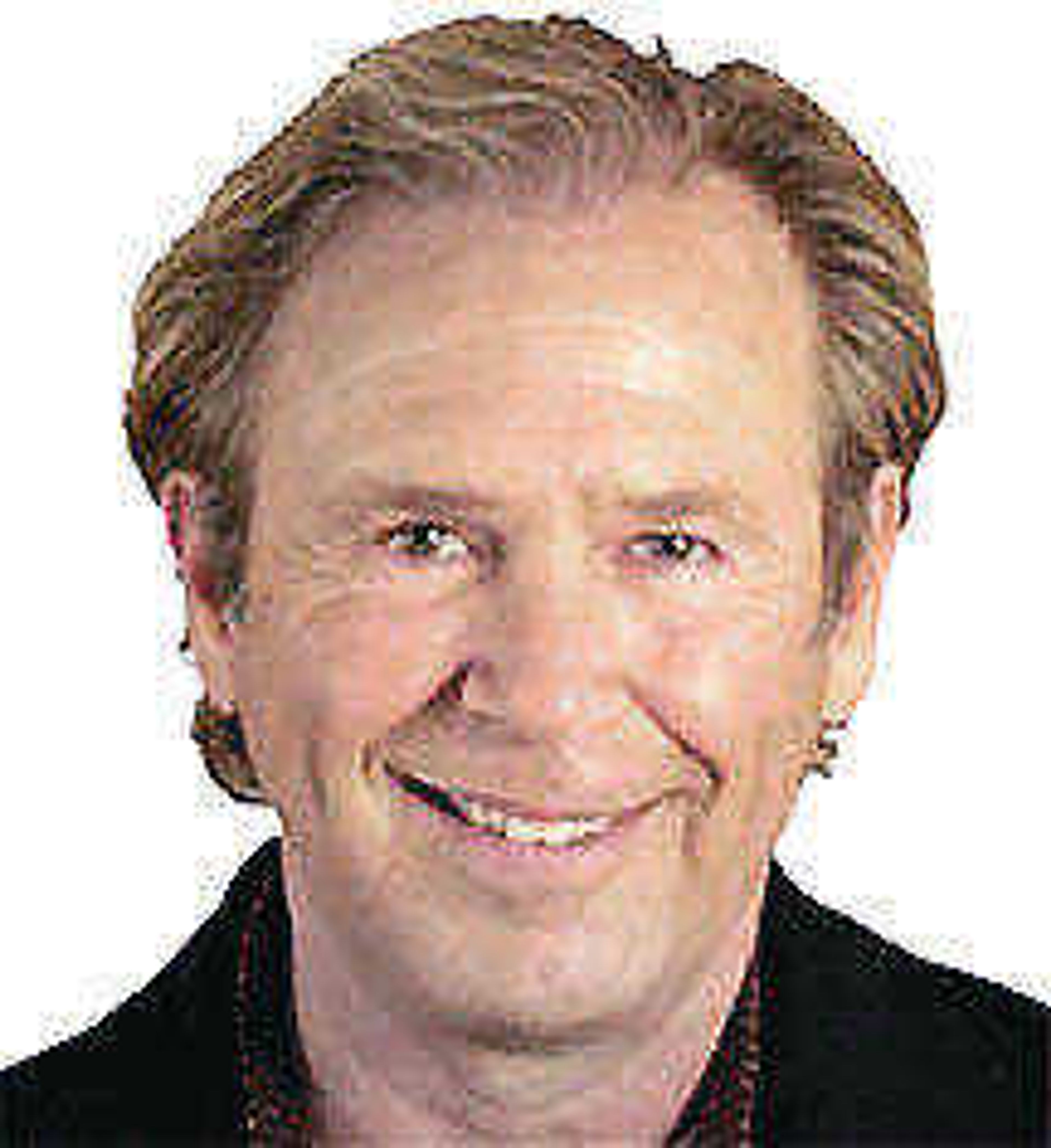A serious (really) look at the belch
A lot of their parents and grandparents can be seen indulging in this practice. But is it really an indulgence, just some wacky way of connecting to a lost childhood? Perhaps it signifies an age-empowered stance: "I'm older and I'll belch if I want to."...
A lot of their parents and grandparents can be seen indulging in this practice. But is it really an indulgence, just some wacky way of connecting to a lost childhood? Perhaps it signifies an age-empowered stance: "I'm older and I'll belch if I want to."
Or just maybe it is a sign of a serious health problem.
Let me introduce you to GERD. It's an ugly sounding acronym for an ugly condition: gastroesaphogeal reflux disease.
We've all heard of acid indigestion or, as it is more poetically termed, heartburn. Whatever you call it, you know it as that burning sensation that begins behind your breastbone, and then creeps up into your throat. You can call it GERD when it gets to you at least two times a week.
One of the most fiendish symptoms of GERD is the sudden reflux of burning acid that makes the sufferer bolt upright from a sound sleep, feeling like they are choking on the bile of hell.
But by far the most serious consequence of GERD is its role as a precursor to esophageal cancer. Prolonged exposure to the refluxing stomach acid in the esophagus is what leads to this usually deadly cancer.
Fortunately, there is help as close as the nearest convenience store.
Tums and Alka Seltzer are probably in everyone's medicine cabinet as I write. Then there are the histamine-blocking acid-reducers that can also be bought over the counter, such as Tagamet, Zantac and Pepcid.
Probably the most effective medicines are the so-called proton pump inhibitors, which work by blocking production of acid in the stomach. These are the ones all of those television ads instruct us to ask our doctors about. That "little purple pill" (Nexium) as well as Prevacid do require their prescription. Nexium claims to repair damage that has already been done by exposure to this corrosive acid. Prilosec is a proton pump inhibitor that can be bought without prescription.
These meds are not without their complications. For example, one recent Dutch study found that the chronic use of these acid reducers resulted in a greater incidence of pneumonia due to the reduction of germ-fighting stomach acid. The good news is that cancer of the esophagus is one of the most preventable cancers. And there is a lot we can do, besides popping pills, to prevent that mean-spirited, sometimes lethal regurgitating stomach acid.
Here are some suggestions:
* Avoid drinking soft drinks. Researchers have been looking at the striking correlation of the rise in carbonated soft drink consumption worldwide and the corresponding rise in esophageal cancer. Evidently, our greedy soda habits results in a greater esophageal exposure to acid and thus an increased risk of the cancer.
* Moderate other heartburning substances. These would include anything that is fried and fatty, citrus fruits and juices, alcohol, caffeine, tomatoes, and (wouldn't you know it) chocolate. Excessive consumption of hot liquids is also a problem.
According to National Cancer Institute investigators, moderate to heavy alcohol intake, tobacco use, and a diet low in raw fruits and vegetables were risk factors that were found in almost all of the males with esophageal cancer in their study.
* Wait two hours after eating before lying down. Stomach acids are more likely to leak up into the esophagus after eating and while lying down. It is also a good idea to keep your head elevated at least six inches when sleeping.
* Lose weight and avoid stress. Not only will that help you avoid GERD, but it will make you a happier and healthier camper overall.
Dr. Michael O.L. Seabaugh, a Cape Girardeau native, is a clinical psychologist who lives and works in Santa Barbara, Calif. Contact him at mseabaugh@ semissourian.com.
Connect with the Southeast Missourian Newsroom:
For corrections to this story or other insights for the editor, click here. To submit a letter to the editor, click here. To learn about the Southeast Missourian’s AI Policy, click here.










